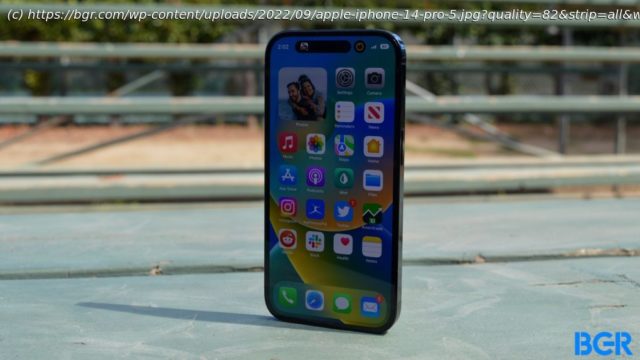The iPhone 15 Pro models will have an unexpectedly massive advantage over the Galaxy S24 and other Android flagships: The A17 Bionic chip.
It’s almost September, so Apple is about to unveil a new iPhone generation. The iPhone 15 series will deliver Apple’s newest innovations, while Android rivals will respond in late 2023 (Chinese vendors) and early 2024 (Samsung) with iPhone 15 alternatives of their own.
But the next chapter of this iPhone vs. Android battle will be different, and that’s all thanks to the iPhone 15 Pro and 15 Pro Max. The best and most expensive phones in Apple’s 2023 iPhone lineup will feature a hardware upgrade no other company in the industry will be able to match: The A17 Bionic System-on-Chip (SoC).
Just when I thought the SoC wars were plateauing, it appears that Apple made another move that rivals can’t replicate. The Galaxy S24 Ultra and all the Android flagships will feature Qualcomm’s next-gen Snapdragon 8 series chip. But they won’t be able to touch the new iPhone 15 Pros.
Apple’s sweetheart deal with TSMC
About a year ago, I said I didn’t really need the iPhone 14 Pro I had just purchased. The Pros rock the A16 Bionic chip, which is faster and more efficient than the A15 powering the regular iPhone 14 models. I said the iPhone 14 would have been great for my needs. But later, I realized the iPhone 14 Pro’s battery life was enough to make this more expensive model worthwhile.
Once the first A17 Bionic rumors dropped, I told you we’ve reached a point where I don’t care as much about performance gains. Smartphones will get faster, but we might not even notice anymore.
But what the A17 Bionic can bring to the iPhone 15, thanks to that new 3nm process, is even better efficiency. That could lead to big battery life improvements on iPhone 15 Pro. Great battery life is a feature I now take for granted on my iPhone 14 Pro.
What I didn’t see coming was Apple’s iPhone 15 Pro “sweetheart deal” and what it would mean for the industry.
To recap, The Information learned that TSMC will dedicate its entire 3nm production capacity to Apple. That means the A17 Bionic chip in the iPhone 15 Pro and the M3 variations coming to new Macs as soon as this fall.
Not only that, but TSMC will also eat the manufacturing losses. According to reports, the production yield for TSMC’s 3nm SoCs is between 70% to 80%. That means one in five chips might be defective. TSMC will spend a part of the billions Apple is paying for exclusive access to 3nm to eat those manufacturing losses.






